The United States, United Kingdom, and Australia have jointly imposed sanctions on a Russian web-hosting provider and two individuals linked to the notorious LockBit ransomware group. This move targets Zservers, a Russian bulletproof hosting service known for its resistance to law enforcement interventions.
Sanctions Target Key Players
The sanctions, coordinated by the U.S. Treasury Department's Office of Foreign Assets Control alongside its UK and Australian counterparts, aim to disrupt the operations of Zservers. This provider has allegedly facilitated LockBit's access to secure servers, enabling their global ransomware activities.
LockBit's Global Impact
Since its inception in 2019, LockBit has become the most prevalent ransomware variant worldwide, amassing over $120 million from numerous victims. The group has been implicated in high-profile attacks on major organizations, including Boeing, the Industrial Commercial Bank of China, the UK's Royal Mail, and Britain's National Health Service.
International Efforts to Combat Cybercrime
The sanctions underscore a unified international effort to dismantle cybercriminal networks. Bradley T. Smith, Acting Under Secretary for Terrorism and Financial Intelligence, emphasized the importance of disrupting these criminal ecosystems to safeguard national security.
Ransomware remains a significant threat, crippling essential services like local governments, hospitals, and businesses. The challenge is exacerbated by the fact that many cybercriminal groups operate from regions beyond the reach of Western law enforcement.
Commitment to Cybersecurity
State Department spokeswoman Tammy Bruce highlighted the collaborative commitment to combatting cybercrime, stressing the importance of degrading the infrastructure that enables these criminal activities. This action reflects a broader strategy to protect citizens from cyber threats.
Learn more about the ongoing battle against ransomware and how international cooperation is pivotal in our Research section.

